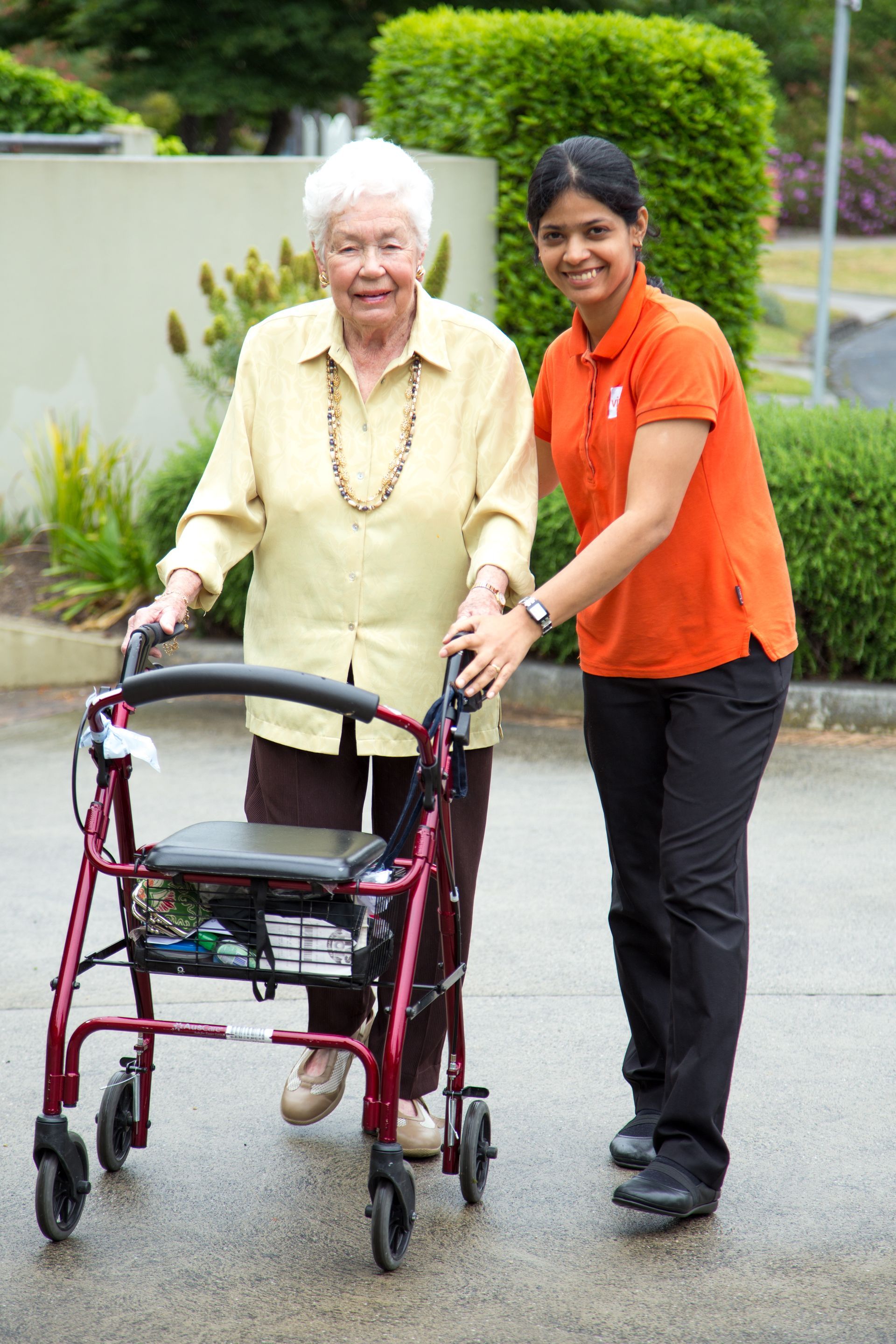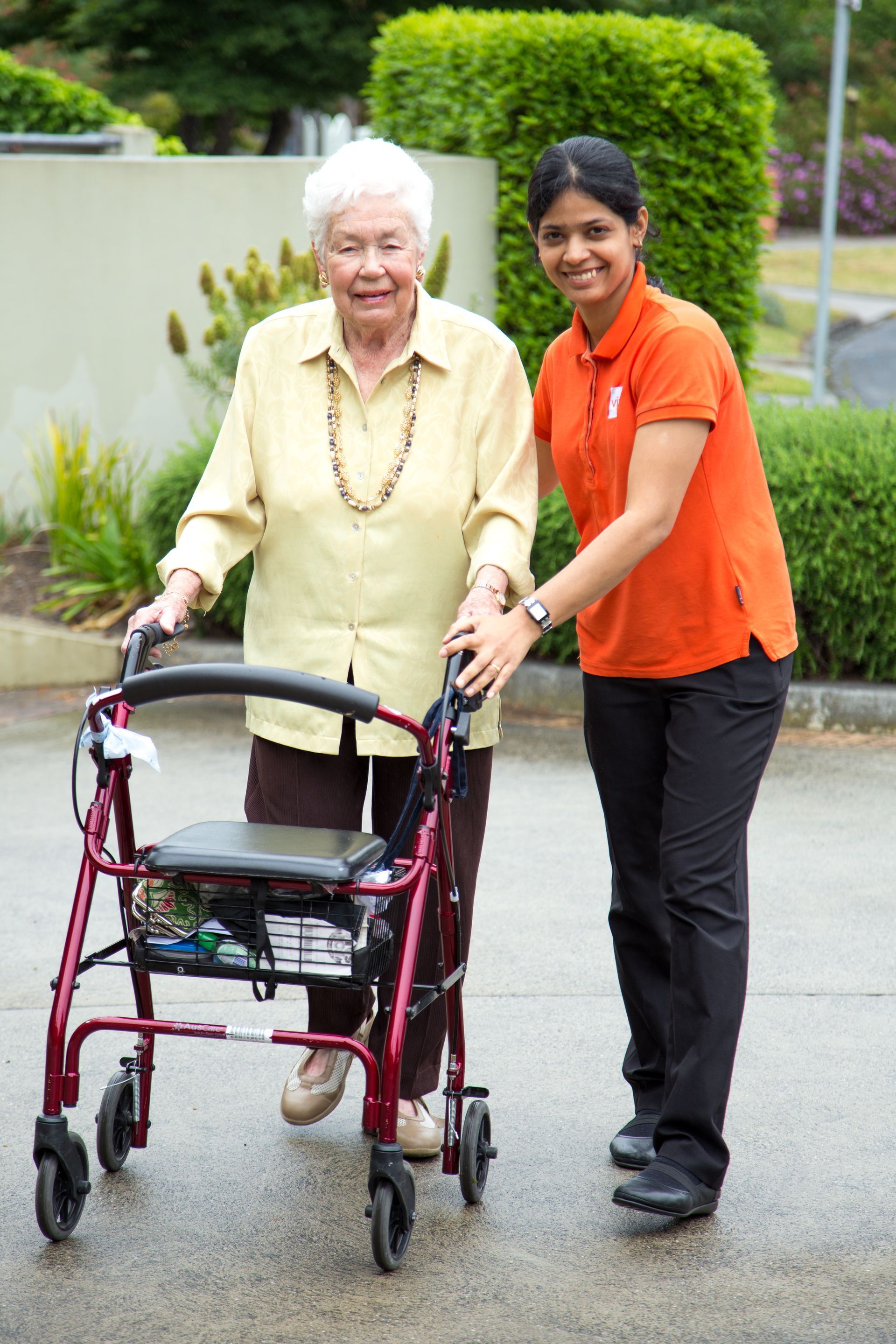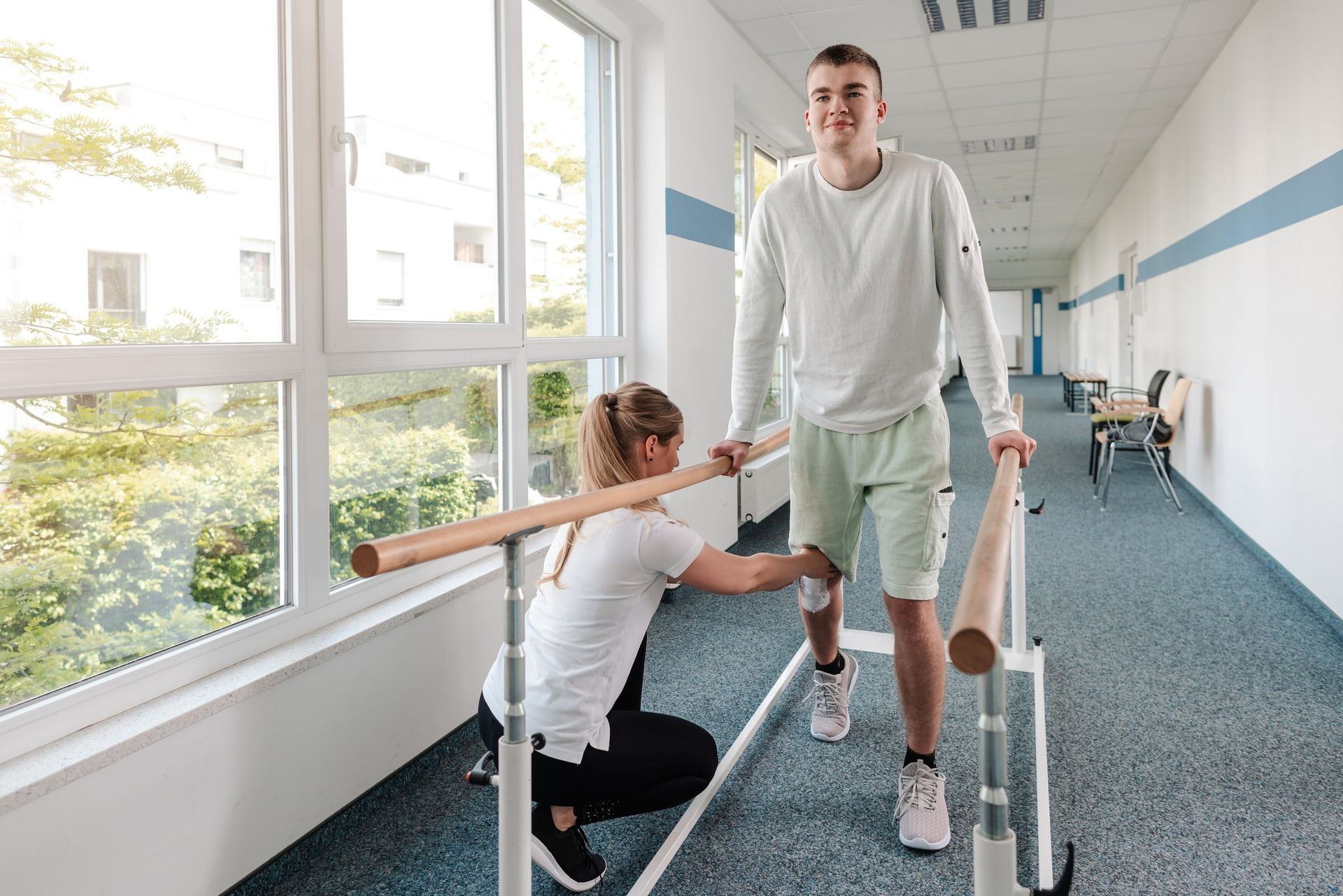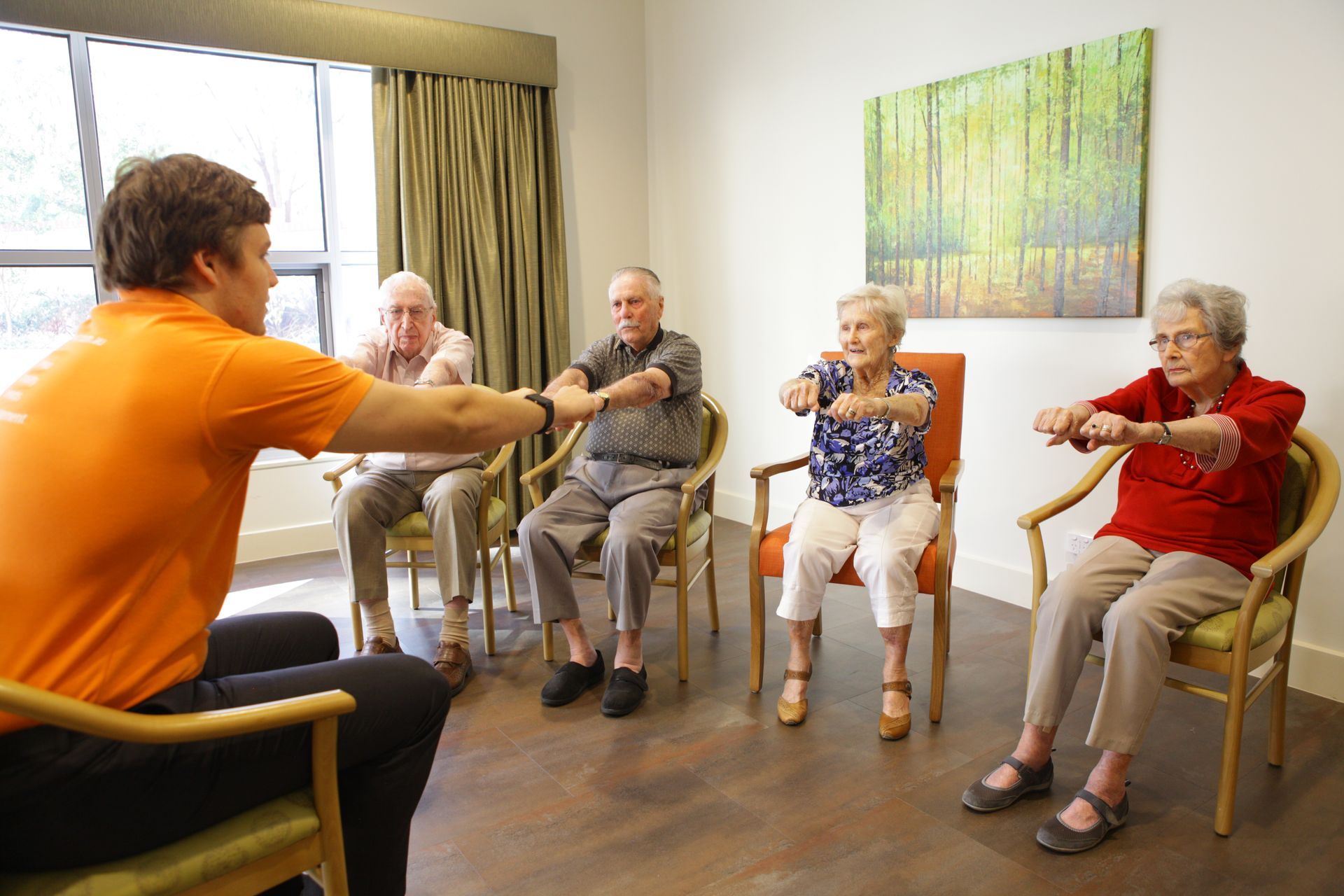By Vivir Healthcare
•
October 13, 2024
In the aged care sector, allied healthcare professionals play a crucial role in helping facilities and providers meet their 11 quality indicator goals. Among these experts are Dietitians, whose specialised knowledge in food and nutrition can have a positive impact to the health and well-being of care recipients. At Vivir Healthcare, we recognise the importance of nutritional care where our Dietitians are dedicated to supporting aged care facilities and providers around Australia in delivering exceptional care to older adults, helping to improve health outcomes and overall quality of life. In this blog, we will explore the 11 aged care quality indicators and discuss how our Vivir Healthcare Dietitians can support all care recipients while enhancing your facility’s and service's overall performance. Aged care Quality Indicator 1: Pressure Injuries Dietitians are well placed in the prevention and nutritional management of pressure injuries by supporting and maintaining skin integrity. Pressure injuries are common in residential aged care, particularly for residents who are bed or chair bound and non-ambulant. Entirely preventable and combined with regular repositioning, pressure injuries can be prevented with optimum nutrition. Dietitians will focus on ensuring residents receive adequate protein, energy, micro nutrients such as vitamin C, E and minerals zinc and iron. These nutrients are equally important in the management of established pressure injuries. Dietitians can assist residents to increase their protein and energy intake through small dietary changes to support wound healing. Dietitians are also well placed to prescribe wound-specific supplementation. Some residents are more susceptible to pressure injuries and impaired wound healing if they have co-morbidities such as diabetes and/or chronic kidney disease. It’s important that a Dietitian is involved especially when co-morbidities are present as impaired renal function can worsen with high protein intake. A comprehensive nutrition assessment will ensure that appropriate recommendations are made for the individuals unique situation. Aged care Quality Indicator 2: Physical Restraint For residents that live with dementia and experience behavioural challenges because of the disease, at times physical restraint is used to protect themselves and others from potential harm. Residents who have poor nutrition and poor oral intake, may experience an increased rate of progression of cognitive impairment. Dietitians can assist staff and family to ensure residents nutrition requirements are met and work around challenging behaviours with food and mealtimes. Having a Dietitian involved in the care of residents with dementia may help to slow the progression of the illness and may reduce the likelihood of the need for physical restraint. Aged care Quality Indicator 3: Unplanned Weight Loss The main referral received in aged care for dietitians is for unintentional weight loss and malnutrition. Dietitians are at the forefront in prevention and management of weight loss. It is estimated that approximately 60% of residents in residential aged care are either at risk of malnutrition or are malnourished. Unplanned weight loss is a key indicator and risk factor for malnutrition. Unplanned weight loss can occur for multiple reasons in people residing in aged care homes and in the community including; complex medical conditions, hospitalisations and poor appetite to name a few. Dietitians assist to prevent and manage unplanned weight loss and malnutrition by prescribing high energy high protein diets, food-first approaches e.g. food fortification and if necessary, oral nutrition supplements. Dietitians also assist to educate and support care and kitchen staff to optimise residents' diets in the kitchen and/or at the table. Aged care Quality Indicator 4: Falls and Major Injury Most falls and major injuries, while common, are entirely preventable in aged care and in the community. Working alongside allied health professional, for example Physiotherapists , Osteopaths and Occupational Therapists , Dietitians make nutritional recommendations to compliment physical activity to promote optimal muscle mass to support strength and conditioning of skeletal muscle. Adequate nutrition, focusing on adequate protein and energy intake, through dietetic intervention combined with physical exercise can reduce the likelihood of falls and therefore subsequent major injuries such as fractures Aged care Quality Indicator 5: Medication Management Many residents in residential aged care often require nutritional supplementation as the ageing process requires increased nutrition requirements for particular nutrients. Dietitians can support and optimise nutrition intake through food first approaches which may help to reduce the reliance of expensive supplements or medications, decreasing the risk of polypharmacy. Aged care Quality Indicator 6: Activities of Daily Living Dietitians are well placed to support residents and clients with their day-to-day activities. Supporting optimal health to maintain independence for as long as possible. With respect to food and eating, Dietitians can make personalised recommendations to clients and residents around nutritious choices when food shopping, cooking methods and mealtime support. Aged care Quality Indicator 7: Incontinence care A common issue in residential aged care and in home care clients, incontinence can be debilitating and socially isolating. In some cases, Dietitians may be able to relieve the symptoms of incontinence especially if there are dietary triggers, lack of fibre or intolerances. For those that experience incontinence, there are increased fluid losses that require replacement. Dietitians can provide guidance on appropriate fluid intake to ensure adequate hydration. Aged care Quality Indicator 8: Hospitalisation As outlined above with respect to falls and major injury prevention and therefore subsequent hospitalisation, Dietitians also play an integral role in supporting residents and clients upon return home from hospital. In most cases, weight loss is an undesirable consequence of a hospital admission. Residents and/or clients that are hospitalised and are undernourished are at an increased risk of infection, wounds, increased length of stay and increased risk of death. Dietitians can help to correct and stabilise unplanned weight loss and hospital acquired malnutrition and wounds with targeted nutrition support through individualised nutrition assessments. Discharge plans often recommend dietetic input upon return home for those residents and/or clients identified with weight loss and or malnutrition during their hospitalisation. Aged care Quality Indicator 9: Workforce Dietitians make up the important network of allied health professionals that are underutilised in aged care. As outlined above, Dietitians can provide support and value addressing each quality indicator to support positive health outcomes for residents and clients. Dietitians support multiple staff across the aged care setting to enable them to build the capacity of their clients and residents. Vivir Healthcare boasts an experienced, passionate team of Dietitians across Australia, ready and eager to play a role in the care of elderly Australians. Aged care Quality Indicator 10: Consumer Experience Food is an important source of enjoyment for residents and consumers in their day to day lives. Dietitians are uniquely placed to bridge communication between staff, residents and clients to improve the overall dining and mealtime experience. Vivir Healthcare Dietitians regularly complete mealtime assessments and menu reviews in aged care to ensure compliance, enjoyment and nutritional adequacy. Food and eating is an integral part of life and it is up to everyone to enable the consumer experience and choice to be at the centre of their care. Aged care Quality Indicator 11: Quality of Life. As above, it has been addressed how Dietitians can enhance the consumer experience, particularly when it comes to food and mealtimes. Inevitably, there are times when nutrition focuses shift away from corrective and intensive interventions as illustrated under the above quality indicators to individualised, scalable recommendations to preserve and optimise quality of life. Dietitians are often called upon for weight loss the context of progression toward end-of-life care. Some residents and clients may require a palliative approach if they are living with a life limiting illness. Dietitians can ensure that foods and fluids provided align with the residents or client preferences going through this life stage. As with wound care and wound prevention, adequate nutrition is integral to supporting skin integrity to prevent the development of new pressure injuries or sores. Dietitians will make recommendations accordingly and apply dietary strategies to prevent further skin deterioration and improve overall quality of life.










